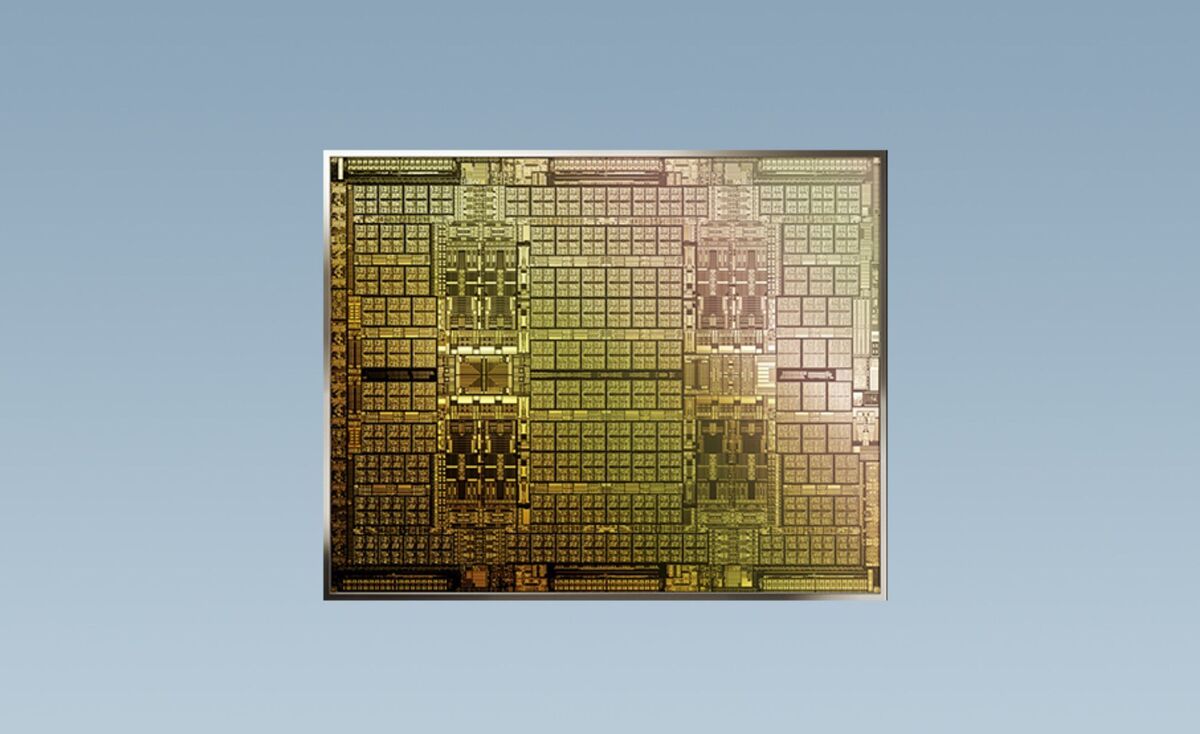For months now, it’s been damned near impossible to find a graphics card—even a used one—at a sane price. I won’t get into the laundry list of reasons, but the recent Ethereum cryptocurrency boom has poured gasoline on the problem. It’s so bad that the five-year-old GeForce GTX 1050 Ti is being called in as backup. But today, a week before the launch of the mainstream-priced GeForce RTX 3060, Nvidia outlined steps it’s taking to keep GeForce GPUs in the hands of gamers, while still keeping miners supplied.
First up: Nvidia is nerfing the GeForce RTX 3060’s cyptocoin mining capabilities. “RTX 3060 software drivers are designed to detect specific attributes of the Ethereum cryptocurrency mining algorithm, and limit the hash rate, or cryptocurrency mining efficiency, by around 50 percent,” Nvidia’s Matt Wuebbling says. That means the GeForce RTX 3060 will become much less profitable for mining.
Good!
Next, Nvidia also plans to introduce the Nvidia CMP HX, a dedicated GPU optimized for professional mining. Four different GPUs will become available over the next two quarters, and better yet, the Nvidia CMP stocks won’t vulture from proper GeForce cards. Here’s Wuebbling again:
“CMP products — which don’t do graphics — are sold through authorized partners and optimized for the best mining performance and efficiency. They don’t meet the specifications required of a GeForce GPU and, thus, don’t impact the availability of GeForce GPUs to gamers.
For instance, CMP lacks display outputs, enabling improved airflow while mining so they can be more densely packed. CMPs also have a lower peak core voltage and frequency, which improves mining power efficiency.”
It’s very refreshing to see Nvidia take active steps to discourage miners from hoarding every RTX 3060 that drops next week. Every GeForce card that winds up in the hands of an actual gamer is a win.
A game-changer? Probably not
Don’t expect miracles from this announcement, though.
 Nvidia
Nvidia An Nvidia CMP chip.
The GeForce RTX 3060 Ti and RTX 3070 are some of the most efficient graphics cards available for mining, and if the RTX 3060 winds up pumping out Ethereum just as efficiently when Nvidia’s hashing nerf is disabled, larger professional mining organizations could very well write their own drivers for the GPU. Nvidia’s drivers could discourage them from hopping on the RTX 3060 on day one, however, so be sure to slam that refresh button at your retailer of choice on February 25.
It’ll be interesting to see if the Nvidia CMP HX lineup picks up traction. Companies have rolled out mining-focused GPUs without display connectors before, but most miners still prefer traditional gaming hardware for a reason: Resale value. We’re in a sky-high cryptocurrency market right now and most modern graphics cards can be profitable, but if past booms are any indication, that can change quickly. When graphics cards slip back into low or no profits, miners like to sell the hardware to recoup some of their investment costs. Remember the flood of used Radeon cards available when cryptocurrency crashed last time? When that inevitable happens again, gamers won’t want to buy used port-less CMP mining cards.
And don’t forget that the mining crunch is just one of several factors affecting graphics card availability. Long before Ethereum popped, it was already very difficult to get your hands on a GeForce RTX 30-series or AMD Radeon RX 6000-series graphics card, thanks to a mixture of insane demand, manufacturing constraints, and shipping and logistics woes caused by the pandemic. Some of those issues may be lessened now, but even months later they all likely remain concerns to some extent.
All that said, this is a welcome move by Nvidia, and one that will hopefully make availability a bit better. Fingers crossed. The $329 GeForce RTX 3060 hits the streets on February 25, and as the first next-gen GPU offering with a semi-affordable MSRP, it has a strong chance of landing on our list of the best graphics cards.












